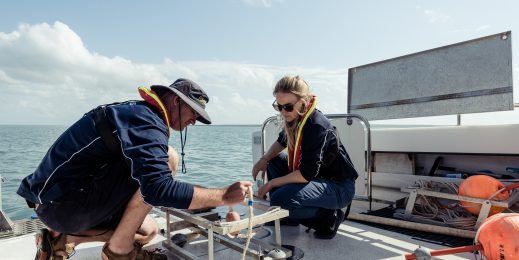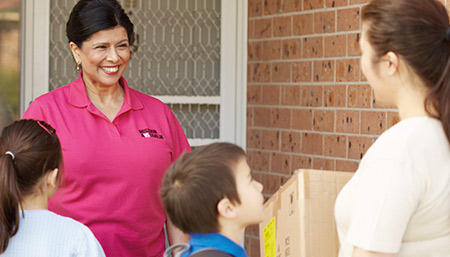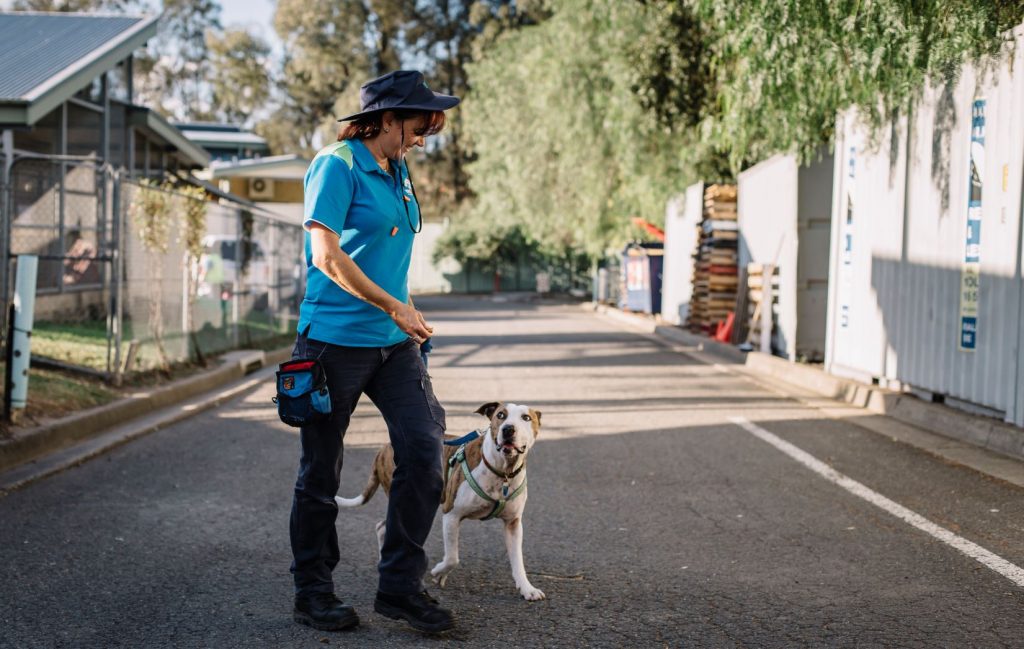
RSPCA collars cloud to optimise animal wellbeing capability
More than 112,000 animals were taken into the care of the RSPCA across Australia last year[1] while the organisation brought 359 prosecutions for animal cruelty. It’s fewer than the year before, but still way too many according to the animal welfare organisation.
The RSCPA operates through member societies across the nation. It operates shelters and clinics, runs education and advocacy programs, and plays a critical role in enforcing animal welfare legislation.
The NSW RSPCA Society is undertaking a digital modernisation designed to support its 500 employees – including 38 inspectors – as well as a small army of around 1,500 volunteers and 1,600 foster animal carers. This is intended to provide easier access to information and education services, and keep tight control of costs – critical for a not for profit where every dollar saved can be redirected to front line operations.
The organisation has worked with Microsoft partner Digital Armour on the program, deploying Office 365 and Teams, leveraging SharePoint online and rolling out Dynamics 365 Business Central for Finance which is providing improved transparency and injecting efficiency by automating some finance processes such as variance analysis and management reporting.
RSPCA NSW is also deploying Telstra Calling for Office 365 across the organisation and migrating key systems to Microsoft Azure.
Aided by Microsoft’s Not For Profit pricing, return on investment is forecast within 12 months.
Previously RSPCA relied on an array of manual and legacy systems leading to poor reporting, lack of controls and limited governance. Its data was siloed across the organisation, making it hard to access and use.
Exactly how hard systems and data were to access was thrown into sharp relief during the early days of the pandemic, when it proved challenging for RSPCA personnel to work remotely.
As RSPCA has grown, the systems have not been able to scale to keep pace, requiring a wholesale rethink.
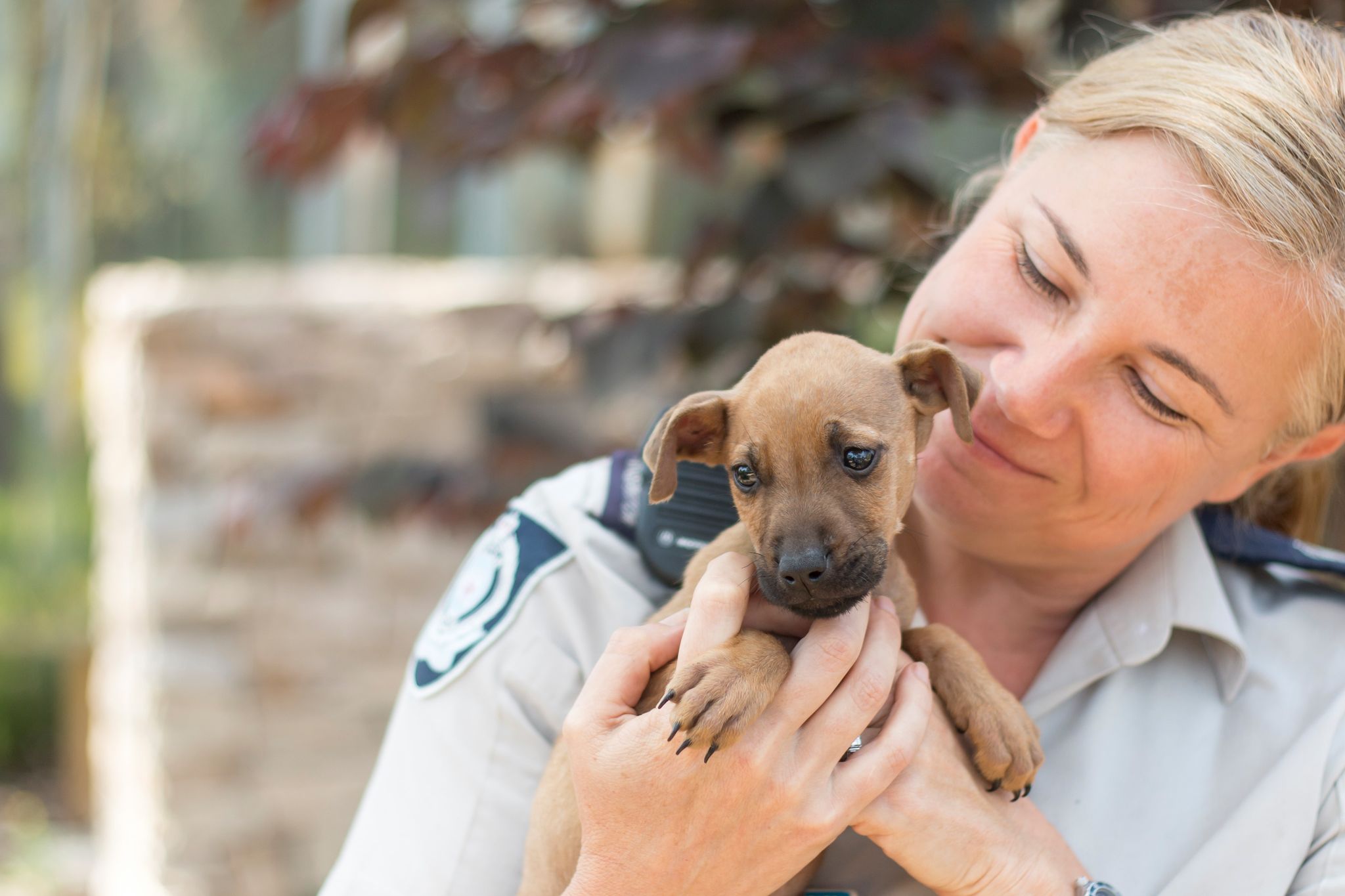
Streamlined processes
William Beerden, General Manager Regulation & Business Services at RSCPA NSW, explains that one of his strategies has been to streamline information systems at the organisation. “One of the things that I’m trying to achieve is as few systems as possible, as good integration as possible, make it as seamless and consistent from a user perspective as well as from the back end.”
Julian Manche, Head of Finance and IT, says that RSPCA is using Azure quite extensively, and looking to move more systems onto Azure, which will allow the organisation to take advantage of an array of Azure cyber security features as well as multi factor authentication to manage user access. The next system being considered for transition to Azure includes RSPCA’s shelter management software.
Maria Padisetti, CEO, Digital Armour, says that a significant amount of work has been completed in the last 18 months. “It’s quite a lot to get 35 servers down to seven. Once we get those two applications off to the cloud, there won’t be a lot left.”
She said that the organisations are also working together to explore how RSPCA could make even more use of the features and functions within Office 365 and Teams.
According to Manche; “There are some very significant benefits being delivered to people in the business at the moment from these technologies, particularly with COVID, and these technologies helped the business pivot and be able to operate and actually thrive.”
Beerden says that across RSPCA NSW; “We’ve got better controls, better governance, much better reporting, with vastly improved accuracy and it’s more timely.
The Microsoft platform has helped us in producing our own statutory accounts as well as management reporting for business decision making.

He adds that there is less user frustration because systems are more integrated, helping to streamline the workday.
This increased efficiency is especially critical this year as COVID not only prompted a new way of working – but a surge in demand for companion animals across the country, with RSPCA’s animal welfare programs in overdrive.
Better access to data is driving better decision making and improved financial transparency is allowing RSPCA to direct funds where they are most needed.
Beerden says that; “When you put a new system in place, if people can see that you’re making an investment not only in the business, but in how people do their jobs on a day-to-day basis and making their life easier, it reduces frustration. It’s lifted people.”
Manche says that extends to the RSPCA Board which now has access to improved and more timely reports.
The broader community that RSPCA serves also has improved access to information and services. For example RSPCA has been able to establish a prebooking system for animal adoption visits to shelters.
According to Manche the modernisation; “Is a no brainer when you stack it up on it on a spreadsheet. These things really pay for themselves very quickly.
If you’re taking labour out of those processes it doesn’t take long for the software and the hardware and all of those investments to pay themselves back.
Ongoing innovation
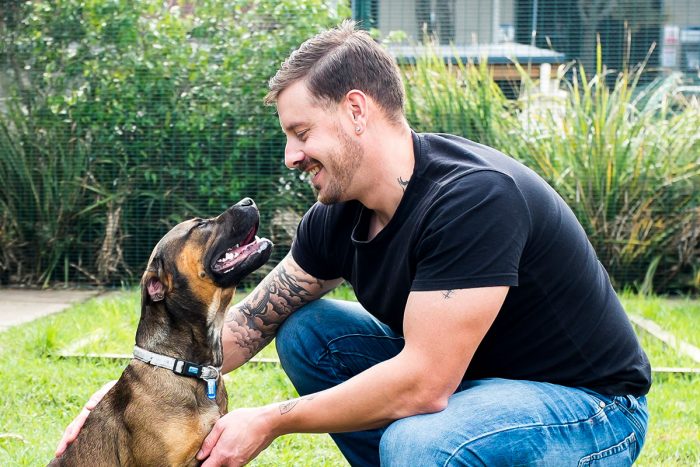
The latest innovations included the widespread deployment of Microsoft Teams for communication and collaboration across the organisation as well as Telstra Calling for Office 365. RSPCA is also exploring how digital technology can be deployed in the educational centre that is being built by RSPCA in Sydney.
Beerden explains that to engage with schoolchildren; “We’re looking to make that as interactive as possible, so that’s something that we’ll be exploring in the coming months.
“It really is a large facility, not only with a large auditorium that seats a couple of hundred people, but it will have different training rooms so we want to be able to run interactive sessions independently, or linked throughout the building.”
He envisages using Teams to create a communications backbone for the facility that will, for example, allow vets performing a surgery to interact with veterinary students in the auditorium. The digital ecosystem will also allow RSPCA to enhance its scenario planning, building capability, for example to respond to bushfires or floods, and continue to do all it can to protect animal health and wellbeing.
[1] https://www.rspca.org.au/sites/default/files/RSPCA%20Australia%20Annual%20Statistics%202019-2020.pdf





